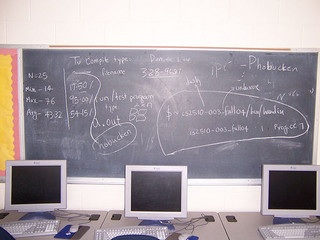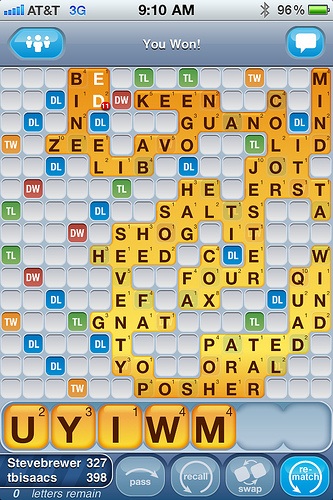Lessons learned in grief
 Tuesday, May 8, 2012 at 9:30PM
Tuesday, May 8, 2012 at 9:30PM  Lessons learned last a lifetime. But no matter how old we get, grief is often a lesson in futility. We are unable to escape the pain of it despite the fact that we begin the experience from an early age. The death of a pet is usually the first step on a child's journey into the dark side of life. A grandparent's death can fill a child with questions about life everlasting.
Lessons learned last a lifetime. But no matter how old we get, grief is often a lesson in futility. We are unable to escape the pain of it despite the fact that we begin the experience from an early age. The death of a pet is usually the first step on a child's journey into the dark side of life. A grandparent's death can fill a child with questions about life everlasting.
My younger brother died unexpectedly from a brain melanoma. It was 3 weeks from diagnosis to death. To say I was unprepared for the loss of my brother is an understatement. My parents, in their 80's, were devastated by the loss of their son. I am the oldest of seven and each of us mourned our brother, knowing that our lives would never be the same without him.
Four months later my Dad was killed in an automobile accident. I spoke with him the night before, so the phone call from my Mom the following morning telling me he was killed pulling out of their driveway, was surreal. Life was spinning out of control and frankly, I had no clue how to make it stop.
Grief has consumed me for the past year. Not a day goes by that I don't mourn my brother and my father. There is always something to remind me of the loss. My brother, Barry, was a wood craftsman. From the cradle that he made for my daughter, to the backyard swing he crafted for our patio. My Dad and I shared a deep love of gardening. I was digging up strawberry plants that had over taken the raspberries, and remembered that just a year ago, my Dad and I were digging up plants to fill in his strawberry bed.
A friend and I were talking about life in general. She thought that as we aged, the death of a loved one became more of an expected event, that age prepares us with a thicker skin. But observing my experience over the loss of my family made her question that particular philosophy of life. I smiled through my tears at my young friend. She is 20 years younger than me. The only thing age prepared me for, I told her, was the wisdom that I am still learning.
A few lessons I am still learning...
• No matter how old you are, you will always miss your family.
• The loss of loved one is like the loss of a limb. The phantom memory remains. But you must learn to live without it.
• Keep talking. I tell my Dad and Barry, good morning and good night every day.
• Cry. Tears help clean the wounds of despair. You will sleep better.
• Find new ways to incorporate them into your life. I have coffee with my Dad every Friday. I share a glass of wine with Barry, on my patio swing, at the end of a long day.
• Holidays and birthdays will be hard. Celebrate them anyway. Find one moment, one memory and revel in it.
These lessons are hard learned. Children are really the ones to learn them from. Children have a way of seeing the broader picture. Their lives are way out in front of them and they see no ending just "until we meet again." They are sure their pet goldfish is swimming in heaven. This gives them peace and the confidence to buy another goldfish.
Of course, we can't do that with a loved one. But focusing on the 60 years of being with my Dad makes me understand that he is so imbedded in me, it is impossible for me to live a day without him. I have to learn how to see him with new eyes. Hopefully this old dog can learn that new trick.
Resources: Books available at Amazon.com and Barnes & Noble
Too Soon Old, Too Late Smart by Gordon Livingston, M.D.
Experiencing Grief by H. Norman Wright
Image: Flickr by Walknboston











